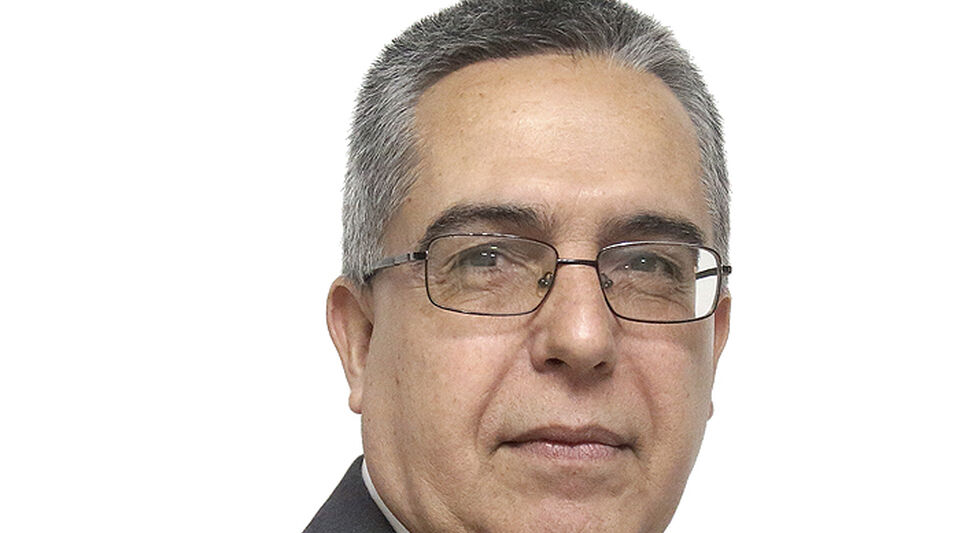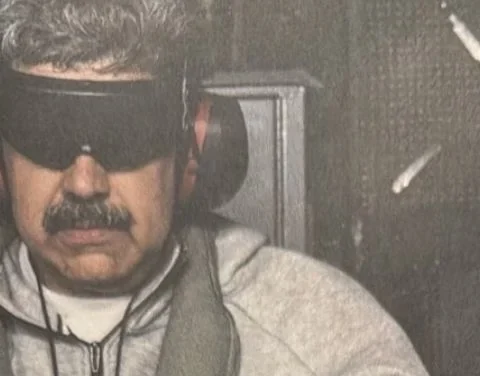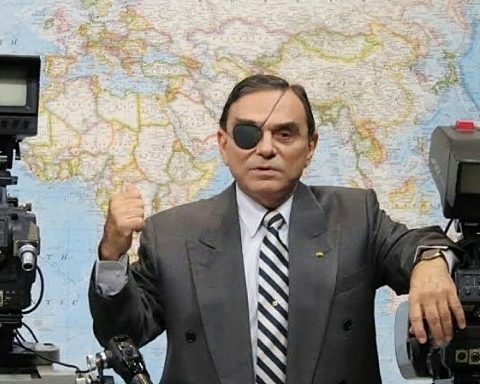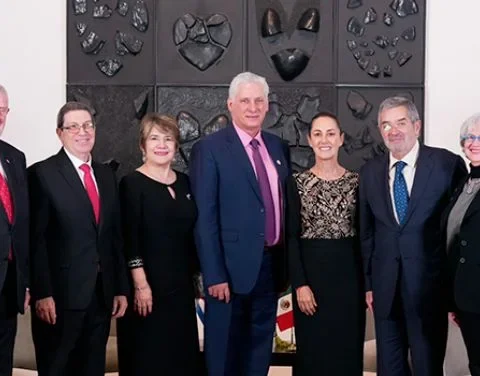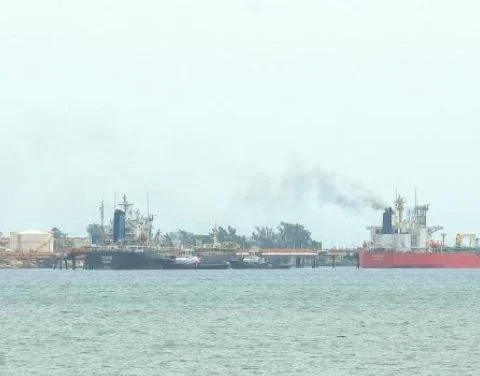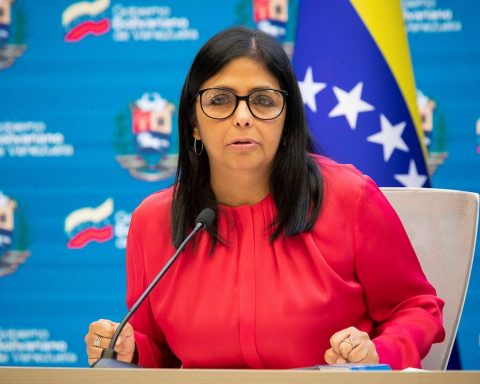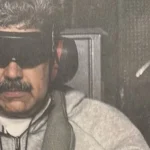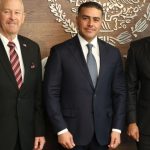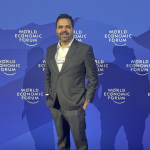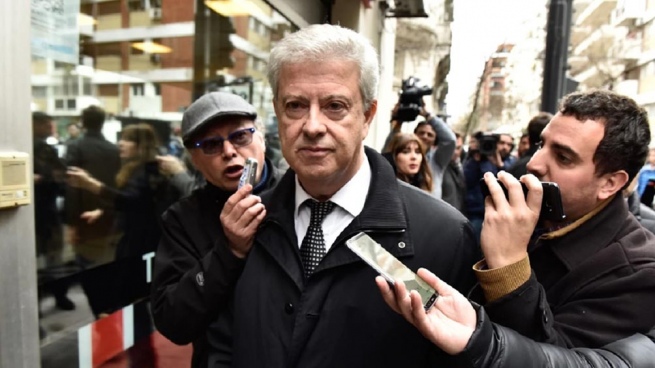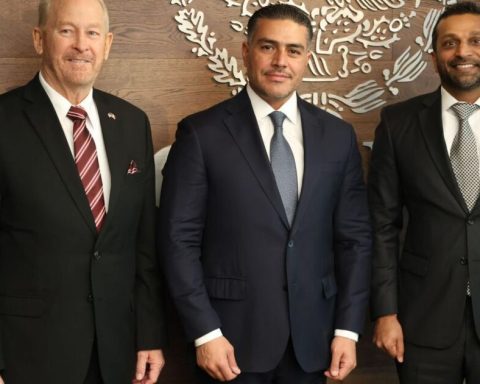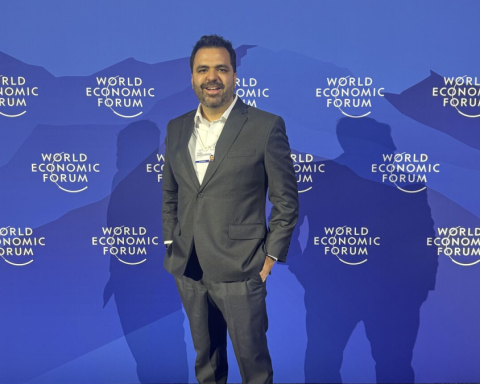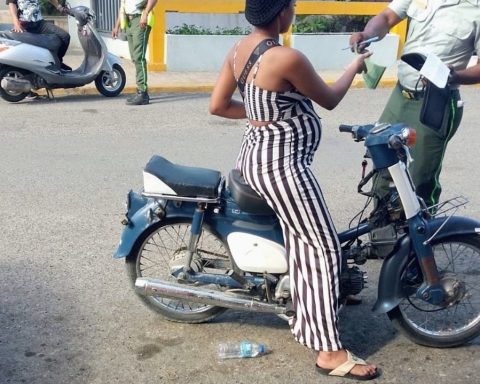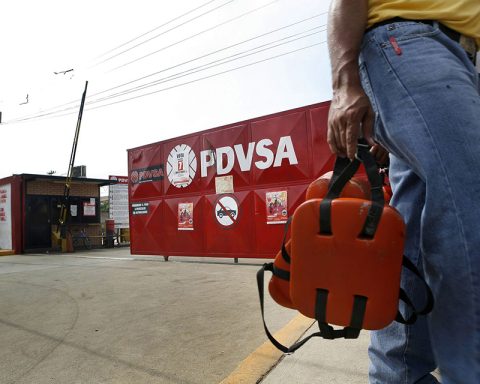Marcelino Medina González was appointed this Friday ambassador of Cuba in Spain in the midst of a diplomatic storm between both countries due to the withdrawal of accreditations on the island to the state agency EFE and the arrival in Madrid of Yunior García Aguilera, founder of Archipelago and one of the main faces of the 15N.
The appointment became effective in official Gazette on November 19, when other ambassadors were also appointed, including those from several European countries (France, Germany, Finland and Greece), Africans (Ethiopia and Equatorial Guinea) or Belarus, an allied country of the Island in which groups remain of Cubans trying to cross the external border of the EU through Poland.
Medina González has a degree in International Relations from the Raúl Roa García Higher Institute and was previously the First Vice Minister of Foreign Relations. In that department a vacancy was expected to remain since it was announced for the position of Vice Minister to Josefina Vidal, former ambassador to Canada and negotiator in 2014 of the so-called thaw with Washington as head of business in the United States.
Medina González has developed his career between the headquarters of the ministry, where he has held various positions, and Germany (in Bonn before the fall of the Wall and in Berlin after the reunification of the country)
According to the organization chart of the Ministry, below the position occupied by Medina there are three deputy ministers, one of whom will predictably be Vidal, unless he is promoted to the vacancy left now by the future ambassador to Spain.
Medina González has developed his career between the headquarters of the ministry, where he has held various positions, and Germany (in Bonn before the fall of the Wall and in Berlin after the reunification of the country). From now on, it will be up to you to manage the relations of two countries united by strong historical and economic ties: Spain is the largest investor on the island and the third largest trading partner, so successive governments in Madrid, of all political colors, have maintained a good relationship, with few differences.
This week, however, they have gone through one of the most critical moments since on Saturday, November 13, the Cuban government withdrew the accreditations of the seven journalists from the team of the Spanish state agency EFE. Press associations from around the world and governments from different countries, especially Europeans, demanded that Havana immediately return the credentials and respect freedom of the press.
The Spanish government called the Cuban charge d’affaires – in the absence of the ambassador – to an urgent meeting to demand answers and the restitution of the documentation from the team of journalists, but the Cuban diplomat excused himself with a medical report that allegedly proved to be infected with covid -19.
Havana has returned four accreditations to date, which the president of the agency, Gabriela Cañas, has considered insufficient and delaying. “The harassment of the agency by the Cuban authorities is serious and sibylline. The decisions of recent months have reduced our team. The withdrawal of all accreditations last Saturday and this drop-in return shows an unequivocal desire to destabilize of our journalistic work, “added the Spanish journalist.
In addition, the hitherto head of the EFE Office in Havana, Atahualpa Amerise, ended his work with the agency this Saturday noting that he ended up there without his accreditation. The departure of the journalist, who has a project in another country, was planned and his replacement will be Juan Palop, a former correspondent in Germany, but his way of ending, without his credential, has been unprecedented. The agency had been on the island for more than 40 years and now its team is depleted. Its former president, Fernando Garea, dismissed Amerise on his Twitter account, noting that the office works a lot and “in difficult conditions.”
In the midst of the controversy, the arrival of Yunior García Aguilera has also led the Spanish Ministry of Foreign Affairs, EU and Cooperation to pronounce against the attitude of the last days of the Cuban regime, preventing the exercise of free demonstration of the opponents. Minister José Manuel Albares met on Friday with the playwright and leader of the Archipelago, to whom he expressed “Spain’s commitment to freedom.”
Although no details of what was discussed at the meeting were disclosed, the ambassador in Havana participated in it from 2018 to November 2020, Juan Fernández Trigo
Although no details of what was discussed at the meeting were disclosed, the ambassador in Havana participated in it from 2018 to November 2020, Juan Fernández Trigo. Hours before, Albares defended himself from the criticism of the Vox party, which accused the Government of “lukewarmness” and of siding with the “Castro dictatorship”, and replied that he had spoken “very clearly” about Cuba: “Freedom of expression , freedom of demonstration and return of credentials to EFE journalists “.
He did defend, in any case, the visit of Pedro Sánchez and the kings in 2019 to Havana, even when he was not a minister. “What is not normal is that no Spanish president had traveled to the island in 32 years when, among others, the president of the United States and the last three popes, people who were not suspected of being communists, had done so.”
A much softer speech this Monday was that of Pablo Echenique, spokesman in the United We Can Congress, which is part of the coalition government in Spain. Despite the fact that it has rejected the violation of the right to demonstrate and expressed its commitment to democracy in all Ibero-American countries, it has shunned the qualification of dictatorship for Cuba.
“We do not help Latin American countries in which there is political conflict, such as Cuba, to use thick words. I believe that we must bet on democracy in all Latin American countries, as I have just commented in Venezuela and obviously also in Cuba.” has pointed out.
________________________
Collaborate with our work:
The team of 14ymedio He is committed to doing serious journalism that reflects the reality of deep Cuba. Thank you for joining us on this long road. We invite you to continue supporting us, but this time becoming a member of our journal. Together we can continue transforming journalism in Cuba.
